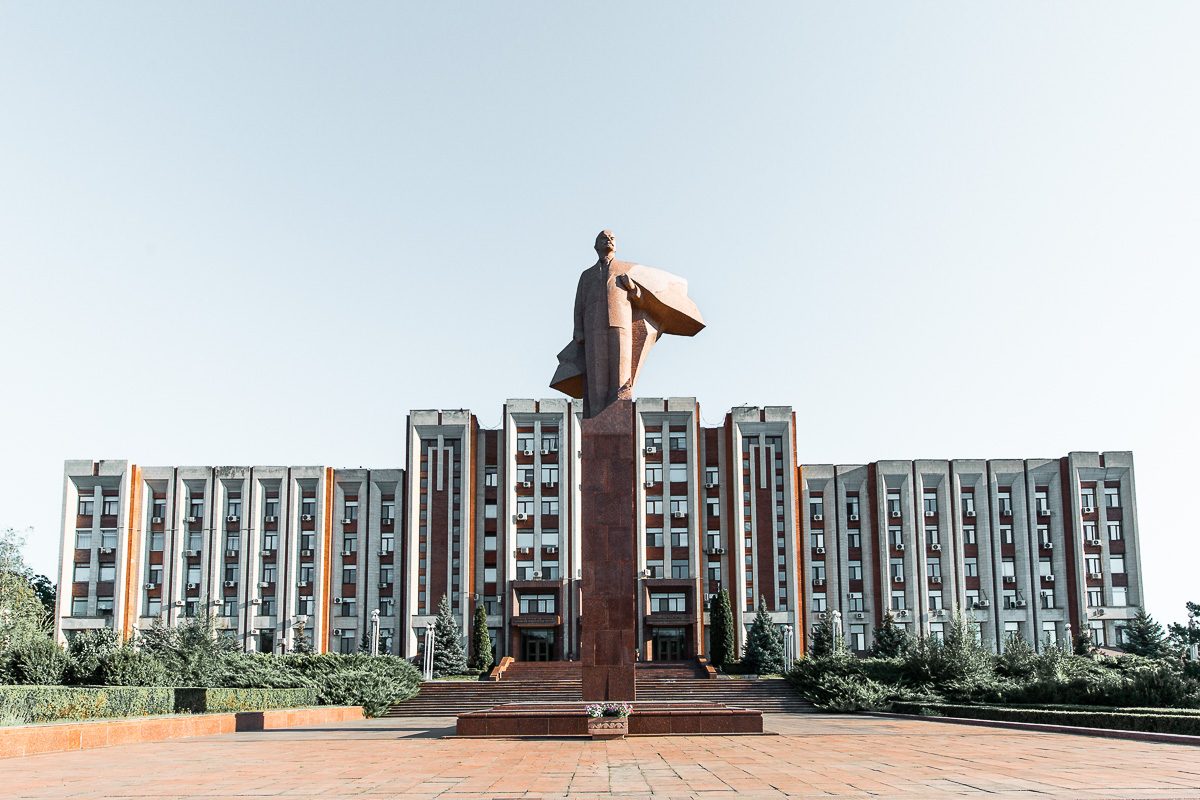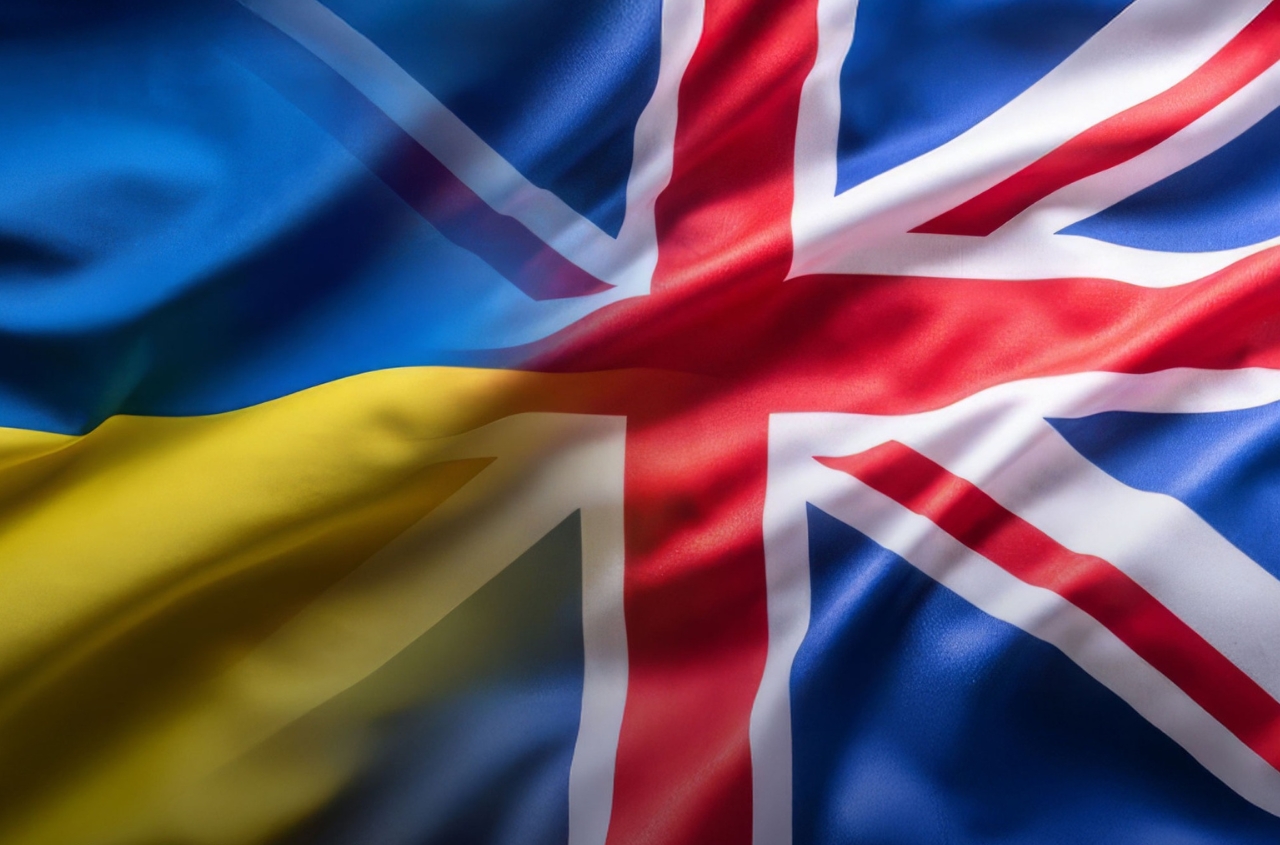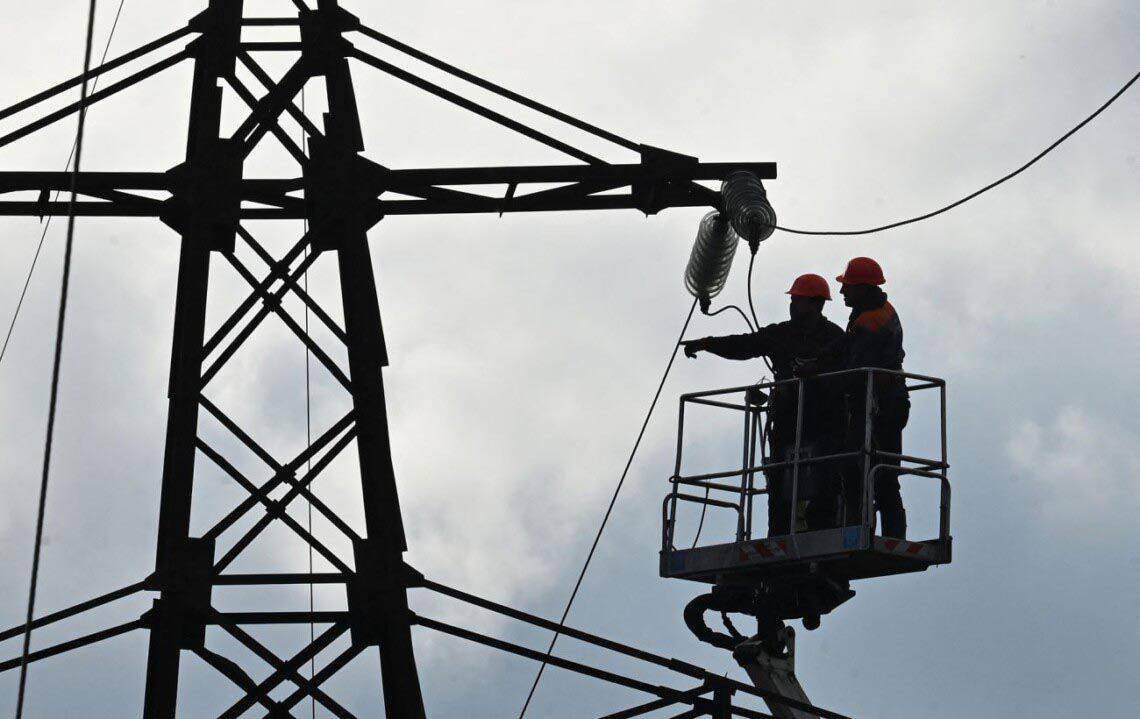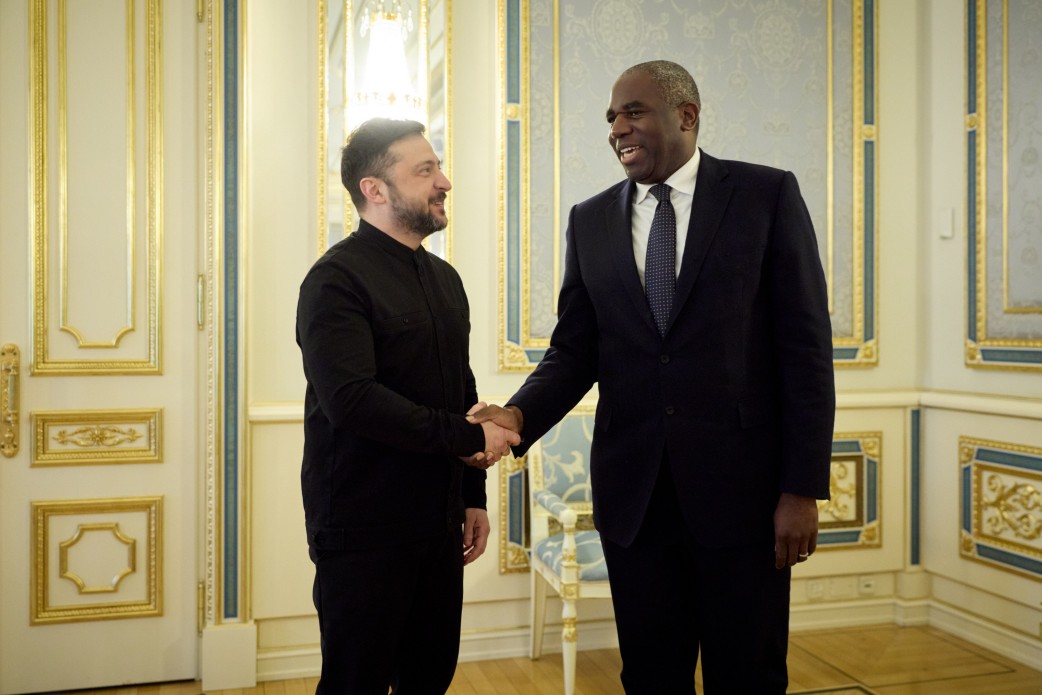On February 28, a "Congress of Deputies at All Levels" will take place in Transnistria. A day later, Russian President Vladimir Putin will address the Federation Council of Russia. Is it a coincidence? Not everyone thinks so. While there is little information about the congress, there are rumors and theories. NewsMaker explains what the congress in Transnistria will be about and which scenario is the most unrealistic.
Transnistrian "congress"
On February 28, deputies from the local parliament, district, and city councils will gather at the Palace of the Republic in Tiraspol. The decision to hold the congress was made by the legislative body of the unrecognized Transnistrian Moldavian Republic at the suggestion of its leader, Vadim Krasnoselsky. Krasnoselsky, in turn, was approached with this request by deputies of the Consultative Council, which includes deputies of the first convocation of the Supreme Council (local parliament) and the first leader of the unrecognized PMR, Igor Smirnov.
Andrey Safonov, a deputy of the Supreme Council and a political analyst, told NM that the congress is being convened now because there is a "crisis moment" in relations between Chisinau and Tiraspol: "The moment is indeed acute. In order to alleviate or minimize this onslaught on Transnistria, a particularly representative forum is needed, as well as real consolidation of socio-political forces. And that is precisely what the congress is for. This has happened before, during previous crises," Safonov noted.
Far-reaching rumors
The current congress of deputies at all levels in Transnistria will be the seventh. Four congresses were held in the early 90s, and their result was the declaration of independence. At the fifth congress, the main law of the unrecognized PMR was adopted. At the sixth congress in 2006, delegates set the course for Transnistria's accession to Russia. The basis for this was the results of a referendum held the same year, in which over 97% of those who voted supported the independence of Transnistria and its accession to Russia. The international community did not recognize the results of the referendum.
Considering that previous congresses ended with significant decisions, the convening of a new congress has caused concern and spawned many rumors. For example, opposition Transnistrian activist Gennady Chorba wrote on Facebook that at the congress, deputies of Transnistria will appeal to Vladimir Putin and ask him to accept Transnistria into Russia. Chorba believes that it is no coincidence that Vladimir Putin's speech before the Federation Council is scheduled for February 29. The opposition politician is confident that Putin will announce the "request of the Transnistrians," and the Federation Council will quickly fulfill it.
Why this scenario is unlikely
Chorba's theory became one of the main topics of discussion during the past week. However, experts consider this scenario unlikely and practically impossible. According to Andrey Safonov, this "rumor" was deliberately launched to "distract" people's attention from specifics, from the current situation. Safonov believes that at the congress, they will not talk about a possible accession to Russia because the "position of Transnistria has long been known, since the results of the 2006 referendum." "Why talk at the congress about what even children know?" — the political scientist questioned.
Former deputy of the Transnistrian parliament Anatoly Dirun also called the "Chorba scenario" unlikely for two reasons: "Firstly, now the economic issues are on the agenda, not political ones. I think this line will not change. Appeals to the guarantors of settlement — the European Union, possibly to Kyiv and Moscow — will be adopted."
Speaking about economic issues, Dirun referred to the cancellation by Chisinau from January 1, 2024, of customs privileges for Transnistrian entrepreneurs. This caused a strong reaction from Tiraspol. Krasnoselsky called the duties a "medieval tribute," and the regional authorities organized protests in Tiraspol against Chisinau's actions.
Another reason Dirun mentioned was the recent visit to Tiraspol by the Ambassador of Ukraine Marco Shevchenko and the possible resumption of the work of the Ukrainian consulate on the territory of the unrecognized PMR. "It seems unlikely that the opening of the Ukrainian consulate will happen against the background of the supposed events [appeal for accession to Russia]," the former deputy noted.
According to him, formally such an appeal already exists in the State Duma of Russia (again, referring to the 2006 referendum). "These documents have been in the Duma for a long time. Can the congress be considered a way to remind about this appeal? Theoretically — yes, practically — it is not the right context of the regional situation to make such statements," Dirun believes.
Executive Director of the WatchDog association Valery Pasha, in turn, noted that the "dictatorial regime in Russia often acts irrationally," so no scenario can be ruled out 100%. At the same time, he also considers the scenario of Transnistria's accession to Russia unlikely because Russia does not control the borders of the unrecognized PMR: "As long as the Russian army cannot reach this territory, he [Putin] is unlikely to risk accepting this region into the Russian Federation."
Ukrainian intelligence also found no confirmation of the "Chorba scenario." This was reported to the "Ukrainska Pravda" by the spokesperson of the Main Intelligence Directorate of Ukraine, Andrey Yusov.
What might be decided at the congress?
Former Deputy Prime Minister for Reintegration Alexander Flenkya believes that there is no information about the congress, only rumors and informational noise. "As of February 23, it is impossible to say what decision will be made. It seems to me that in Tiraspol they have not yet decided what to do, so they engage in such throw-ins and check the reaction to them in Chisinau, Kyiv, and Moscow," Flenkya said.
It was not possible to find out from the organizers in Tiraspol what will be discussed at the congress. The first leader of the unrecognized Transnistrian Moldavian Republic, Igor Smirnov, who was called by NM, asked to address him with questions later. Deputy of the first convocations of the local parliament, Vladimir Rylyakov, told NM that he does not have any information.
Andrey Safonov noted that organizational work is currently underway, "related to representation at the congress, quotas from localities, and the development of the agenda." "Naturally, there is a discussion - in Tiraspol, Rybnitsa, Bendery, and in all other regions of Transnistria. There will be discussions at the congress as well, and, in particular, an editorial commission will be elected, which will summarize the proposals. And they can be very different," concluded the deputy.





















